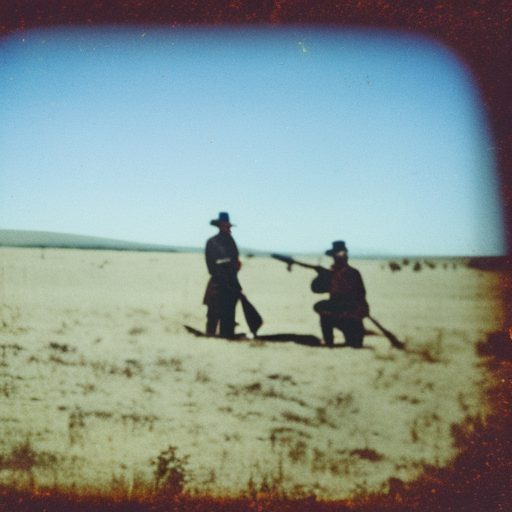The Boer Wars: A Struggle for South African Independence
The Boer Wars were a series of conflicts fought between the British Empire and the Boers, descendants of Dutch settlers, in South Africa during the late 19th and early 20th centuries. These wars were primarily driven by tensions over British imperialism and the Boers’ desire for independence and self-governance.
The First Boer War (1880-1881)
The First Boer War was sparked by the Boers’ resistance to British annexation of their territories, known as the Transvaal and the Orange Free State. The Boers, led by Paul Kruger and Piet Joubert, launched a successful guerrilla campaign against the British forces. The British suffered several defeats, including the Battle of Majuba Hill, which resulted in a decisive Boer victory. The war ended with the signing of the Pretoria Convention, which recognized the independence of the Transvaal under Boer control.
The Jameson Raid and the Second Boer War (1899-1902)
Tensions between the British and the Boers escalated after the discovery of gold in the Transvaal, attracting a large number of British miners and investors. In 1895, Cecil Rhodes, a British imperialist and mining magnate, organized the Jameson Raid, an unsuccessful attempt to overthrow the Boer government. This raid further strained relations between the two sides and set the stage for the Second Boer War.
The Second Boer War began in October 1899 when the British launched a military campaign to assert their dominance over the Boer territories. The British, under the leadership of Lord Frederick Roberts and Lord Kitchener, initially faced strong resistance from the Boers, who employed guerrilla tactics and utilized their knowledge of the local terrain to their advantage. The British forces, however, gradually gained the upper hand through their superior numbers, resources, and tactics.
Concentration Camps and Scorched Earth Policy
To break the Boer resistance, the British implemented a scorched earth policy, systematically destroying Boer farms, crops, and infrastructure. This strategy aimed to deprive the Boers of their resources and force them to surrender. The British also established concentration camps to house Boer civilians, where thousands died due to poor living conditions and disease outbreaks. The use of concentration camps by the British drew international criticism and became a significant point of controversy during and after the war.
End of the Boer Wars
The Boer resistance eventually weakened, and in May 1902, the two sides signed the Treaty of Vereeniging, officially ending the Second Boer War. The treaty resulted in the annexation of the Boer territories by the British Empire. However, it also granted limited self-government to the Boers and promised eventual political rights and representation.
The Boer Wars had significant consequences for South Africa. The conflicts exposed the brutality of British imperialism and fueled nationalist sentiments among the Boers. The wars also laid the groundwork for the eventual establishment of the Union of South Africa in 1910, which brought together the British colonies and the former Boer territories. The scars of the Boer Wars and the subsequent apartheid policies would continue to shape South African society for decades to come.
In conclusion, the Boer Wars were a series of conflicts between the British Empire and the Boers in South Africa. These wars were driven by tensions over British imperialism and the Boers’ desire for independence. The First Boer War ended with the recognition of Boer independence, while the Second Boer War resulted in British annexation of the Boer territories. The British employed a scorched earth policy and established concentration camps, leading to significant loss of life and international criticism. The wars had lasting effects on South Africa, shaping its political landscape and fueling nationalist sentiments.












